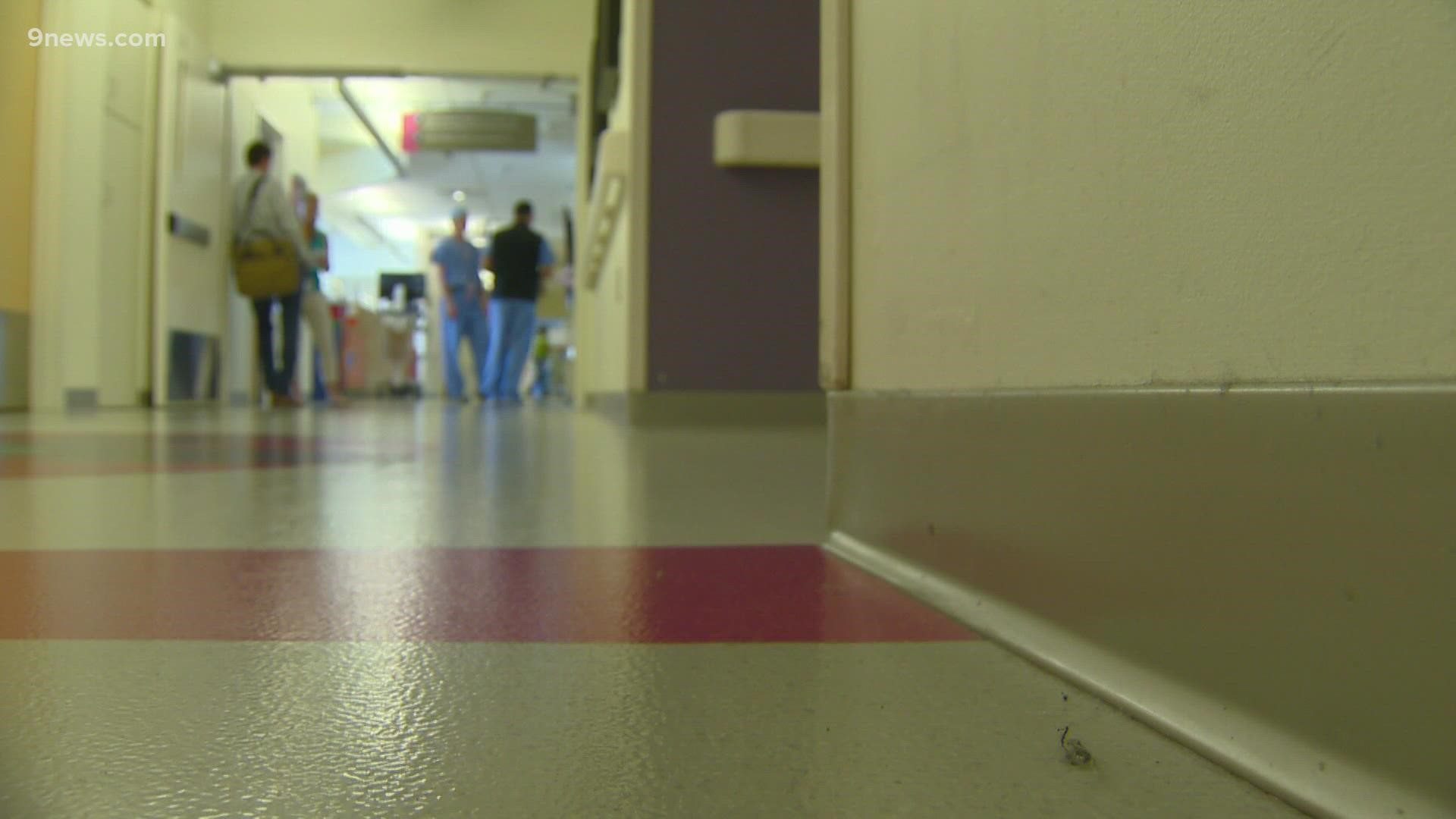COLORADO, USA — Doctors in Colorado say the current state of hospitals is nothing like they have seen before. The state’s chapter of the American College of Emergency Physicians (ACEP) sent a letter last week to Gov. Jared Polis' office asking for help.
According to Colorado ACEP, a nursing shortage is impacting patient care because there isn’t enough staff to handle the number of patients coming in.
“Right now we are already strained, and you take the next two weeks and add that in, we have the risk of the system coming to a complete standstill,” said Dr. Ramnik Dhaliwal, president of Colorado ACEP.
Dhaliwal works in hospitals in the Denver metro area. He said Colorado’s Department of Public Health and Environment met with medical directors of emergency departments across the state to find out what hospitals are facing right now.
Colorado ACEP also had a conversation last week with Polis’ office, and the group followed up that meeting with a letter that shared concerns they have about the health care system.
Dhaliwal said hospitals have enough beds, but there aren’t enough nurses to staff those beds. Because of that, there are often no inpatient beds available when patients arrive in the emergency departments, according to the letter.
“These boarders are being managed by ED nurses who are not as skilled in managing these patients as would be an inpatient nurse,” the letter said. “This leads to erosion of the quality of care for all of our patients.”
Dhaliwal said this situation in hospitals is only going to get worse over the next few weeks.
Colorado ACEP said a nursing shortage is causing increased wait times. The group is asking the state to bring in more nurses through FEMA or the National Guard to help with staffing levels in the short term.
In the long term, the group suggests Colorado should offer financial incentives, like student loan forgiveness, to encourage nurses who train in the state to stay. According to the letter, traveling nurses who come to Colorado on a short-term basis make upwards of $10,000 a week while working alongside nurses who make a fraction of that.
Another concern raised in the letter was the liability risks for clinicians as hospitals reach capacity.
“ED physicians are assessing, treating, and managing their patients in sub-optimal spaces which are not designed to care for our sickest Coloradans,” the letter said.
Colorado ACEP is now asking for the state to initiate crisis standards of care for hospitals to protect clinicians for all care during the pandemic.
The group of doctors is also hoping state leaders look at ways to help rural hospitals transfer patients when they become full. According to Colorado ACEP, the state transfer center “has not performed optimally."
Calls are going unanswered, the letter said.
“When you are getting stories of people who need transfers in these rural facilities sitting there for two to four days, and finally being sent via car to go present to an emergency department in the city or a larger location, that is not the type of healthcare system we want to be dealing with,” Dhaliwal said.
SUGGESTED VIDEOS: COVID-19 Coronavirus

